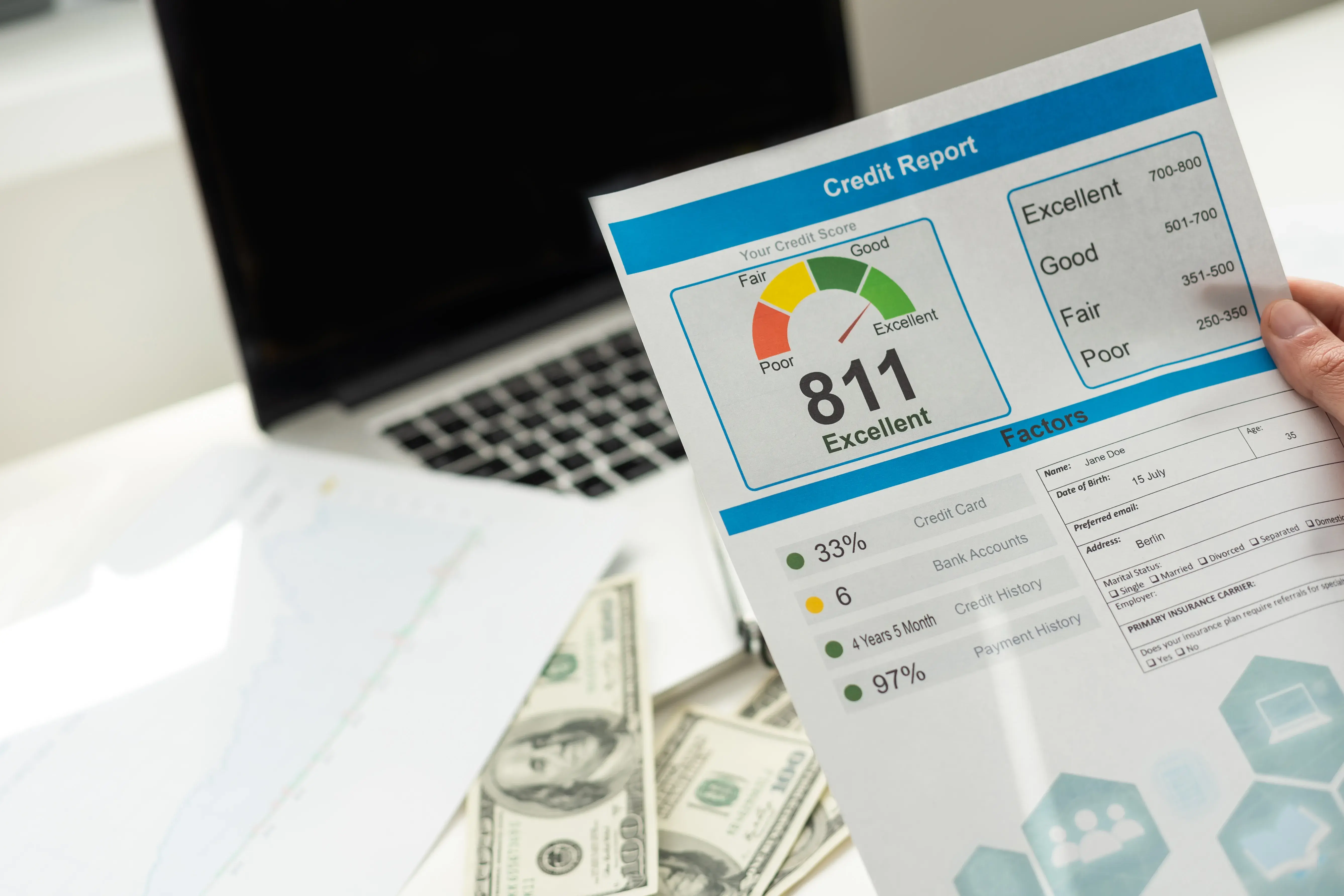-
Posted on: 24 Apr 2025

-
Medical Bills on Credit Report: What You Need to Know
Medical bills can be a significant financial burden, and if left unpaid, they may end up on your credit report. This can negatively impact your credit score, making it harder to secure loans, credit cards, or even rent an apartment. Understanding how medical bills affect your credit and what you can do about them is crucial for maintaining good financial health.
How Do Medical Bills End Up on Your Credit Report?
When you receive medical treatment, the healthcare provider typically bills your insurance company first. If your insurance doesn’t cover the full amount or if you’re uninsured, you’ll be responsible for the remaining balance.
If you don’t pay the bill on time, the medical provider may send it to a collection agency after a certain period (usually 60 to 120 days). Once the debt is in collections, the collections agency may report it to the three major credit bureaus—Experian, Equifax, and TransUnion—which can then appear on your credit report.
Key Points to Remember:
- Medical bills don’t appear on your credit report immediately.
- They only show up if they go to collections.
- Some hospitals and clinics offer financial assistance or payment plans before sending bills to collections.
How Medical Debt Affects Your Credit Score?
Medical collections can significantly lower your credit score, sometimes by as much as 100 points or more. The exact impact depends on:
- The amount of debt
- Your current credit score (higher scores may see a bigger drop)
- Whether you have other negative marks in your report
Recent Changes in Credit Reporting Rules
In 2023, the three major credit bureaus implemented changes to how medical debt is reported:
- Paid medical collections are no longer included in credit reports.
- Unpaid medical collections under $500 are no longer reported.
- There is now a one-year waiting period before unpaid medical debt appears in your report (giving you more time to resolve billing disputes or set up payment plans).
These changes help reduce the negative impact of medical debt, but unpaid bills over $500 can still hurt your credit.
How Long Do Medical Bills Stay on Your Credit Report?
Under the Fair Credit Reporting Act (FCRA), medical collections can remain in your credit report for seven years from the date of the first delinquency. However, their impact on your credit score lessens over time, especially if you take steps to improve your credit.
Does Paying Off Medical Collections Help Your Credit?
Paying off medical collections won’t immediately remove them from your credit report, but it can help in some cases:
- Some newer credit scoring models (like FICO 9 and VantageScore 4.0) ignore paid collections.
- Future lenders may view paid collections more favorably than unpaid ones.
How to Remove Medical Bills from Your Credit Report
If you find a medical collection on your credit report, follow these steps to dispute or remove it:
Check for Errors
Mistakes happen—verify that the debt is yours and that the amount is correct. Look for:
- Incorrect personal information
- Duplicate collections
- Bills already paid by insurance
Negotiate with the Healthcare Provider
Sometimes, you can resolve the issue before it goes to collections. Contact the medical provider to:
- Ask for a payment plan
- Request financial assistance or charity care
- Dispute incorrect charges
Dispute the Collection with Credit Bureaus
If the debt is inaccurate or already paid, file a dispute with:
- Experian (online or by mail)
- Equifax (via their dispute center)
- TransUnion (through their online portal)
The credit bureau must investigate and respond within 30 days.
Request a “Pay-for-Delete” Agreement
Some collection agencies may agree to remove the debt from your credit report in exchange for payment. Get this agreement in writing before making any payments.
Wait for the Collection to Fall Off
If the debt is legitimate and you can’t remove it, it will automatically disappear after seven years.
How to Prevent Medical Bills from Hurting Your Credit?
The best way to avoid medical debt on your credit report is to address bills before they go to collections. Here’s how:
Review Medical Bills Carefully
- Check for billing errors (e.g., duplicate charges, incorrect services).
- Confirm that your insurance paid its share.
Set Up Payment Plans
Many hospitals offer interest-free payment plans. Even small monthly payments can prevent bills from going to collections.
Apply for Financial Assistance
Nonprofit hospitals often provide discounts or free care based on income. Ask about charity care programs.
Use an HSA or FSA
Health Savings Accounts (HSAs) and Flexible Spending Accounts (FSAs) let you pay medical bills with pre-tax dollars, reducing out-of-pocket costs.
Monitor Your Credit Regularly
Check your credit report at least once a year (free at creditrepairease.com) to catch medical collections early.
Final Thoughts
Medical bills on your credit report can be stressful, but you have options. By understanding how medical debt affects your credit and taking proactive steps, such as disputing errors, negotiating payments, or setting up payment plans, you can minimize the damage and protect your financial future.
If you’re struggling with medical debt, don’t ignore it. Address it head-on to keep your credit score healthy and avoid long-term consequences.
Take control of your financial future—call (888) 803-7889 to get your credit score back on track!





